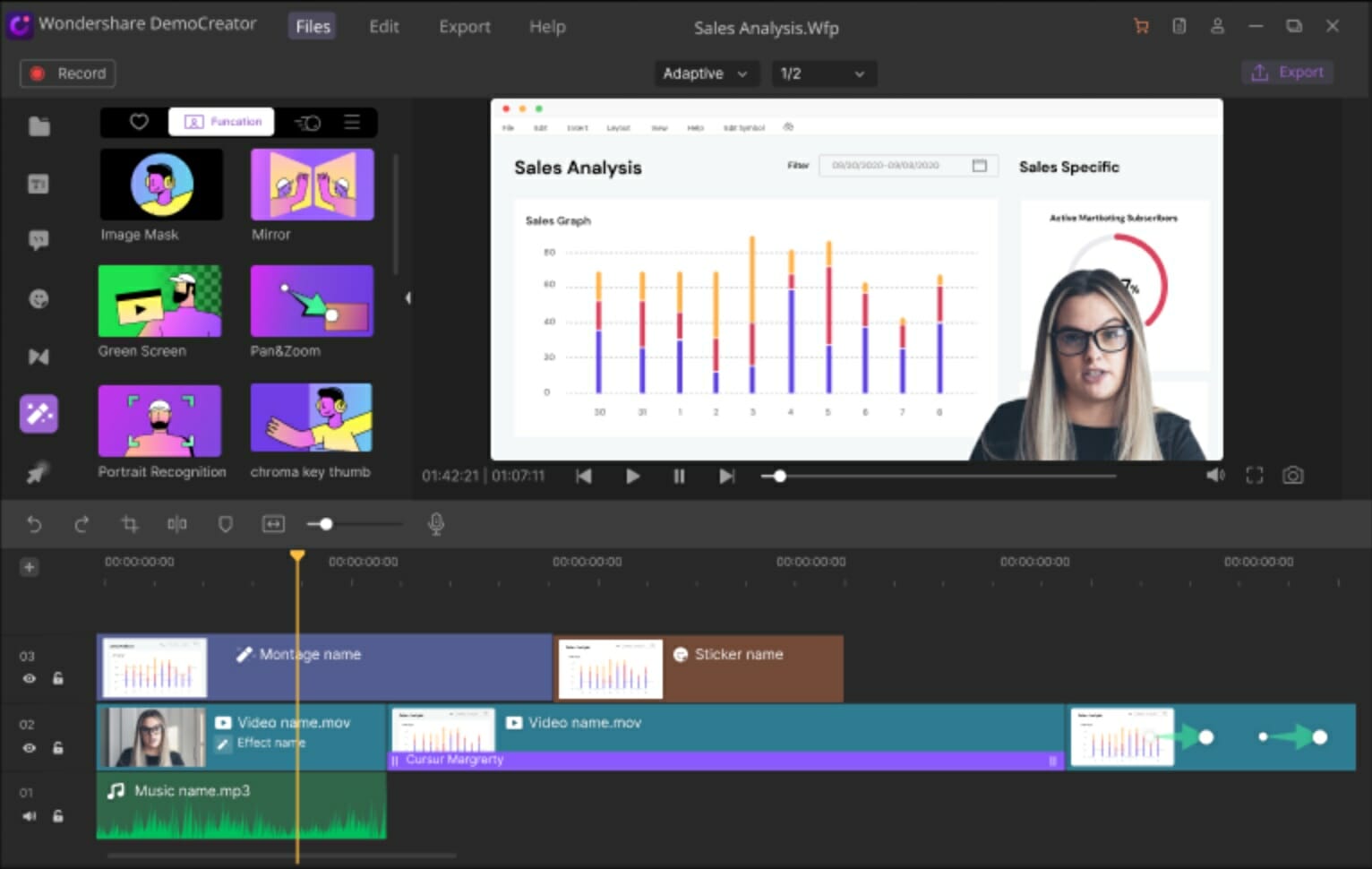CodeGym, an online Java course, announces an educational campaign for high schools, colleges, and universities to offer a chance for students to learn Java code for free. The campaign aims to make programming education affordable and to encourage students to learn Java programming language in theory and in practice during the school year 2020/2021.
“The CodeGym team is confident in the bright future of Java and online education. We chose to demonstrate this through actions rather than words. We stand for the availability of quality education and teaching materials. That is why we decided to give access to our complete course to high school, college, and university students for free”, says Alex Yelenevych, co-founder and CMO of CodeGym.
A number of US schools, such as Kingwood Park High School (TX), Wheeler School (RI), Fox Senior High School (MO), McDonogh School (MD) and others, have already taken part in the program. Also, the program has already been joined by schools from Germany, France, Great Britain, China and Serbia.
‘My students are excited about the platform and have made good progress without needing much help from me, which is great to see. I have high hopes for them including Oracle certs, internships, and of course good scores on the AP exam. I completely agree with your theory that the most important part of improving with Java is….practice!’, says Joe Thompson, CS Teacher at McDonogh School, Maryland.
The whole course is gamified, which makes it easier to absorb the knowledge base. The theory part is represented as a story, and from the very beginning till the end, is supported by practical tasks. There are more 1,200 issues for students to solve. The tasks are based on the gradation model: students move from easier to the more difficult ones.
The interface is simple. After students log in, they get their personal access to their accounts. The journey begins as they click on the “Start” button.
CodeGym for EDU power points:
- Private Group for class participants — a private group for class connects the accounts of all the students in the class. A teacher can add or exclude students from the class anytime.
- 80% Practice — the course consists of 1200+ practical tasks, and 500+ hours in total of Java practicing.
- Virtual mentor — a virtual teacher, or, it’s better to say the smart system, verifies the solutions, gives recommendations, and helps fix mistakes.
- Class progress monitoring — with the help of a special tool, teachers can track progress of their students across course levels.
- Class leaderboard — this is a little about competition. All students in the course are displayed in the overall ranking.
- The new non-boring learning process — the flow is all about visualization, storytelling, motivation, gaming, and jokes. The learning process is proactive, not sleepy.
- IntellijIDEA integration — CodeGym teaches students how to work in one of the most popular modern IDEs: IntelliJ IDEA.
- Created by programmers for future programmers — meaningful coding techniques being taught in proper order for beginners.
- The course is logically structured — CodeGym course contains 600 lessons to explain the theory. Each lesson explains the topic so that the student can focus on that theory without being distracted.
CodeGym course for colleges and universities is available from October 9, 2020.
The short story behind CodeGym
CodeGym was founded as a startup in 2018 by two friends, the enthusiast Java developer Dmytro Vezhnin, who previously used to code and teach coding to his friends, and Alex Yelenevych, who now holds the position of CMO of the product. The year later, in 2019, CodeGym got 100,000 users worldwide. Since then, the developers keep on enhancing the course.
Press contact
Alice Korzh | alice@codegym.cc.








